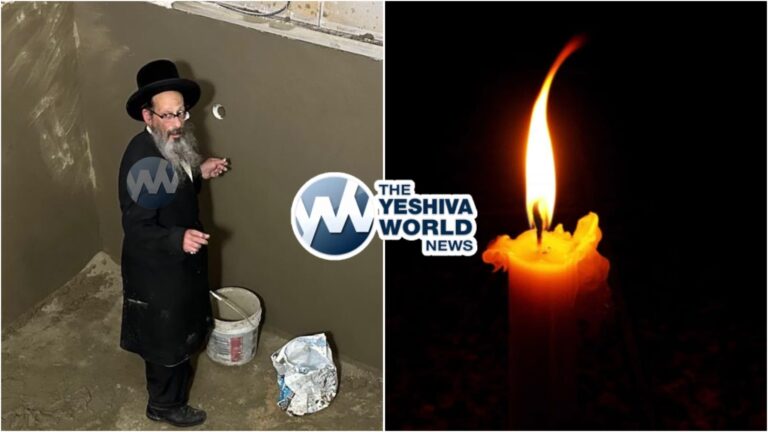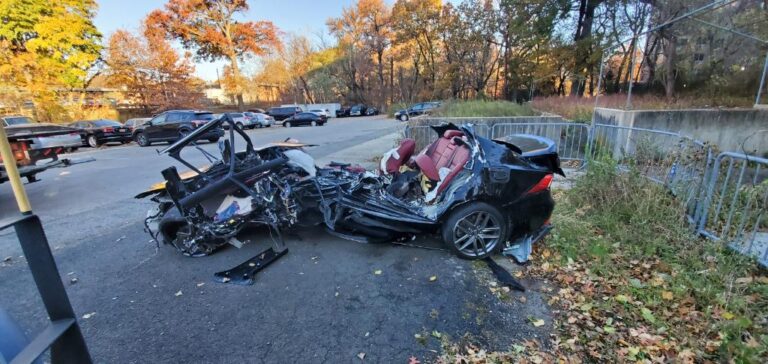 The state is cracking down on fraudulent claims for school property tax rebates under a $3 billion-a-year program that’s meant to be used for people’s primary residences but has been used for weekend and vacation homes and even illegally subdivided rooming houses.
The state is cracking down on fraudulent claims for school property tax rebates under a $3 billion-a-year program that’s meant to be used for people’s primary residences but has been used for weekend and vacation homes and even illegally subdivided rooming houses.
The $3 billion-a-year School Tax Relief, or STAR, program has been unchecked by the state.
Landlords have bought buildings, sometimes illegally subdividing them, and then claimed three or four rooming houses as their primary residences to collect tax breaks, Rockland County District Attorney Thomas Zugibe said. His detectives found $679,000 in fraudulent or incorrectly filed tax break claims in an 11-month investigation in just five towns, he said.
“We hit pay dirt,” he said in an interview. “Our figures represent the tip of the iceberg. … Those who double-dip STAR exemptions are cheating the system at a time when the state’s finite resources are of critical importance.”
Overall, abuses and faulty filings cost the state $13 million in the 2011-12 fiscal year and will cost an estimated $73 million by the 2015-16 fiscal year if the problem continues to go unchecked, state Comptroller Thomas DiNapoli said. When taxpayers avoid their obligation, that cost is foisted on other taxpayers.
“It is difficult to ferret out abuse or even errors because it’s hard to police the program,” DiNapoli said in releasing his audit of the STAR program last week. “STAR exemptions could be easily gamed at a significant cost to the state.”
DiNapoli said his audit found nearly 20 percent of STAR exemptions reviewed in 46 municipalities statewide shouldn’t have been granted.
The opportunity for abuse is so great and the payoff so large that Zugibe said he thinks millions of residents will be affected.
“I think the state is going to be put in a position of forcing recertification, the fraud is so rampant,” Zugibe said.
Gov. Andrew Cuomo has proposed a fix.
His budget proposal would create the first state monitoring system of the popular program, which was created during the administration of Gov. George Pataki to combat what continue to be some of the nation’s highest property taxes. The state Department of Financial Services would for the first time confirm eligibility for the tax break with income tax returns.
Cuomo spokesman Rich Azzopardi said the budget “includes rigorous new oversight of the STAR program that will root out double-dippers.”
The bill would break down the usual bureaucratic walls between local government assessors and the state to share information and create a way to monitor the tax breaks.
Cuomo’s proposal, being considered by the Legislature, would also simplify the STAR form.
STAR provides tax exemptions for a primary residence for households in which the owner and spouse make less than $500,000 a year. The enhanced STAR program provides an additional benefit for elderly residents with incomes of $74,100 a year or less. The exemption, however, is only for primary residences.
The state compensates school districts for the lost tax revenue from STAR recipients. The STAR program has saved more than 3 million taxpayers more than $3 billion in local school taxes, the biggest property tax bill for New York residents.
Zugibe is offering an amnesty program in Rockland County to recover millions of dollars in avoided taxes before he goes after those who don’t come forward.
“The state has some great programs. If we could just eliminate fraud and abuse, we probably wouldn’t have a budget problem,” Zugibe said.
(AP)










